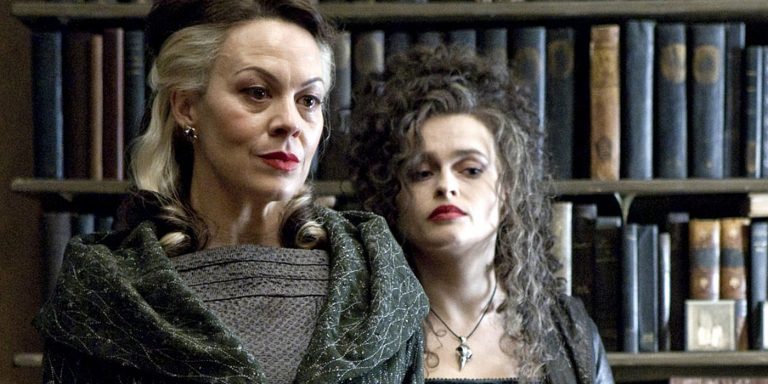Narcissa Malfoy’s choice to betray Voldemort at the conclusion of the Harry Potter series has sparked considerable discussion among fans. Some argue that her decision to deceive Voldemort regarding Harry’s demise is either futile or a remarkable character evolution. Though this may appear perplexing when viewed in isolation, it becomes clearer when considering her actions in preceding books. Indeed, hints of Narcissa’s betrayal were presented two years earlier in “Harry Potter and the Deathly Hallows.”
Narcissa’s choice to betray Voldemort in the final installment can be traced back to her character arc introduced in “Harry Potter and the Half-Blood Prince.” Many assumed she would remain loyal to Voldemort regardless of the circumstances, yet her behavior in the sixth book indicates her intent to inform Snape about Draco’s mission to eliminate Dumbledore, even against Voldemort’s orders. While she doesn’t technically betray Voldemort in that book, her willingness to do so for her son’s sake highlights her shifting loyalties.
A critical moment occurs in Chapter 2 of “Half-Blood Prince” when Narcissa and Bellatrix visit Severus Snape. Here, Narcissa hints at her first act of betrayal by considering revealing Draco’s situation and mission. Although she stops short of fully revealing Voldemort’s plot because of the Dark Lord’s orders, her desire to protect Draco signifies her true motivations.
This scene marks the initial clue for readers that Narcissa is prepared to do whatever is necessary to safeguard Draco, ultimately paving the way for her eventual disloyalty at the close of “Deathly Hallows.” When she learns Harry has survived, it is driven by her concern for Draco’s safety. At that moment, her understanding of Voldemort’s defeat solidifies her loyalty to her family, distinguishing it from her previously hidden loyalty to Voldemort.
The early chapters of “Half-Blood Prince” not only foreshadow her eventual betrayal but also clarify where her true allegiance lies — not with Voldemort, but with her family. While other Death Eaters may worship Voldemort, Narcissa’s actions suggest a deep-seated love for Draco, leading her to seek protection for him rather than loyalty to the Dark Lord.
Furthermore, the narrative underscores how Narcissa’s loyalty transforms, primarily focusing on her determination to protect Draco at all costs. Despite participating in Voldemort’s schemes, her ultimate allegiance remains with her family. The dynamic pivot is evident during the climax of “Deathly Hallows,” where it’s clear her actions stem from fear rather than loyalty to Voldemort.
While Narcissa’s betrayal is pivotal to Voldemort’s downfall, she is not the sole Death Eater to turn against him. Severus Snape’s complex storyline throughout the series accentuates this theme of betrayal, particularly as he becomes a double agent aiming to defeat Voldemort after significant personal loss. Each encounter and decision made by Snape throughout the series emphasizes his true motivations, ultimately revealing profound betrayal of Voldemort’s trust.
In summary, Narcissa’s shift from loyalty to Voldemort towards her family aligns with the larger narrative of betrayal seen through multiple characters in the series, illustrating how personal attachments supersede allegiances to power.


